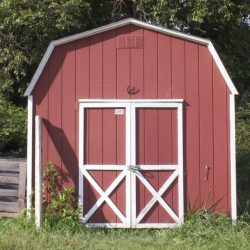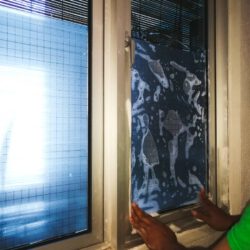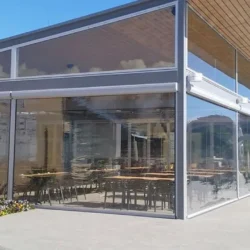It is a common misconception that if you rent a skip, you can put anything you like in it and it will be hauled away for you, no longer being your concern. Unfortunately, the world we live in is never that straight forward and there are wider concerns that have to be taken into account.
Current rules on recycling mean that waste disposal is a highly monitored industry and even the slightest contaminant can cause huge problems with the recycling process. Due to this the types of waste that can be placed in a skip are restricted to those that can be processed together and without detriment.
There are some things that must never be put in skips, most important of these is asbestos and insulation materials along with any other hazardous substances. This is non-negotiable as these materials require specialised handling to ensure that they are kept safe and don’t endanger anyone.
Most commonly, there are four types of waste category you can have for your skip:
General waste
This is also referred to as household waste and is by far the most generic of the options. This skip can take general rubbish, wood, metal, plasterboard, furniture, even household appliances such as hoovers and microwaves and even garden waste.
The beauty of this skip is that it is about as general as you can get and it means that if you’re unsure of exactly what you’ll be throwing away then this would be a great option for you.
You may not put liquids, food waste, rubble, soil, sand, batteries or tyres in this type of skip.
Brick / Concrete waste
A very simple skip type here, this one is intended for when you have a lot of building work going on and is only there to accept concrete and bricks. These two items can be processed together by recycling plants and as such any other materials are prohibited.
Heavy waste
Sort of like an upgrade to the brick / concrete waste skip, a heavy waste skip can take bricks and concrete, but also a lot more such as rock, soil and green waste, so this is often the best choice for landscaping and larger scale remodelling work.
The only things prohibited from this kind of skip are food waste, liquids, batteries and tyres.
Green waste

As the name suggests, this is a skip for plants and garden waste. This means that you can throw leaves and grass cuttings in along with plant cuttings and tree branches.
All non-plant materials are prohibited, as are tree trucks and stumps over a certain size, usually 20cm and 30cm respectively.
If you take these rules and restrictions into consideration when you plan your work, you should be able to choose a skip that will be perfect for your needs and help ensure that you are not caught out with extra charges and can use your skip without issue.

















